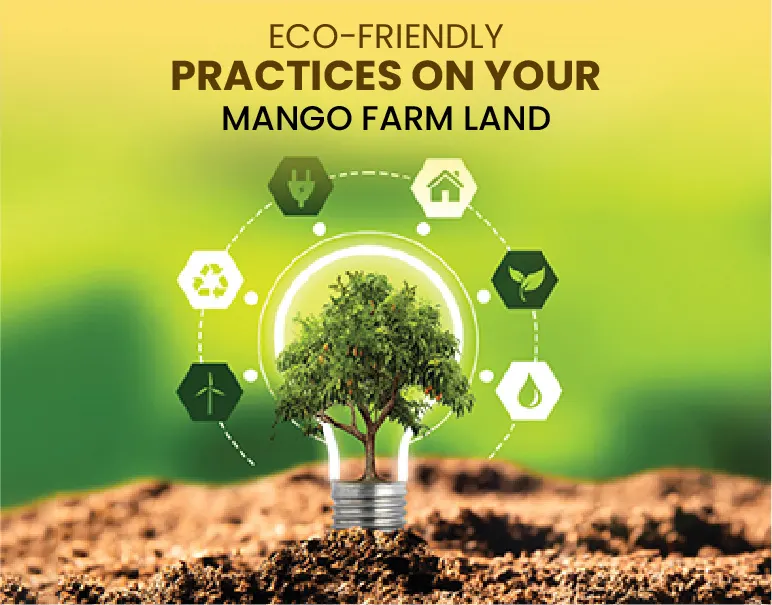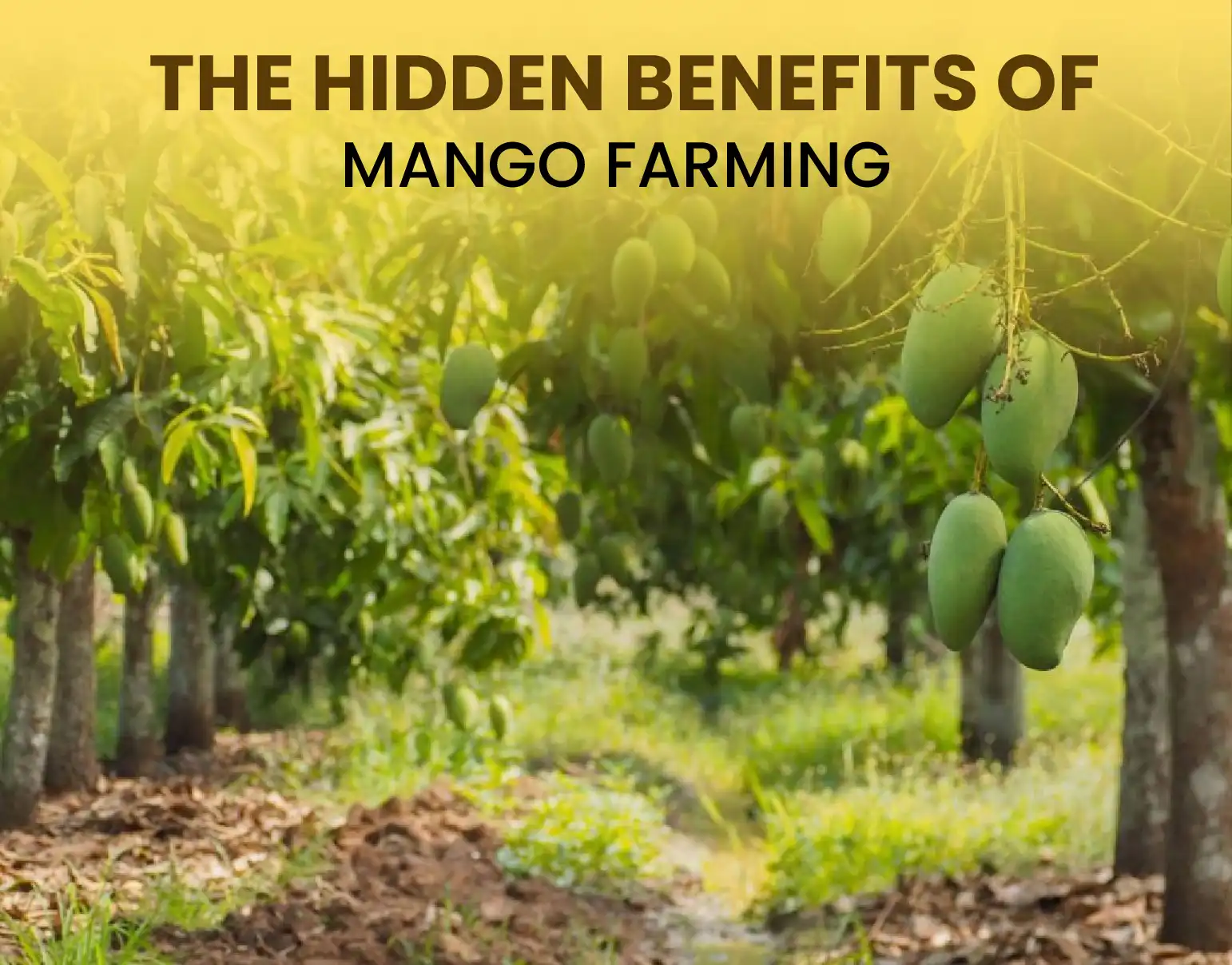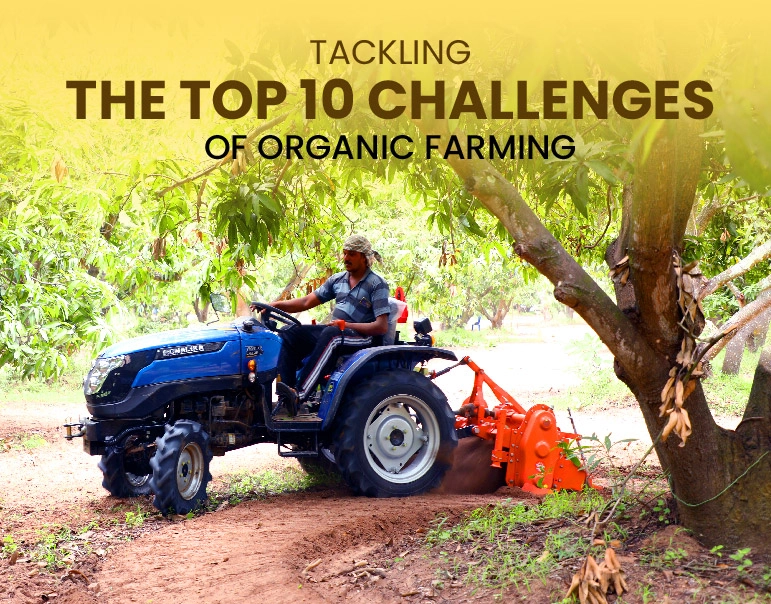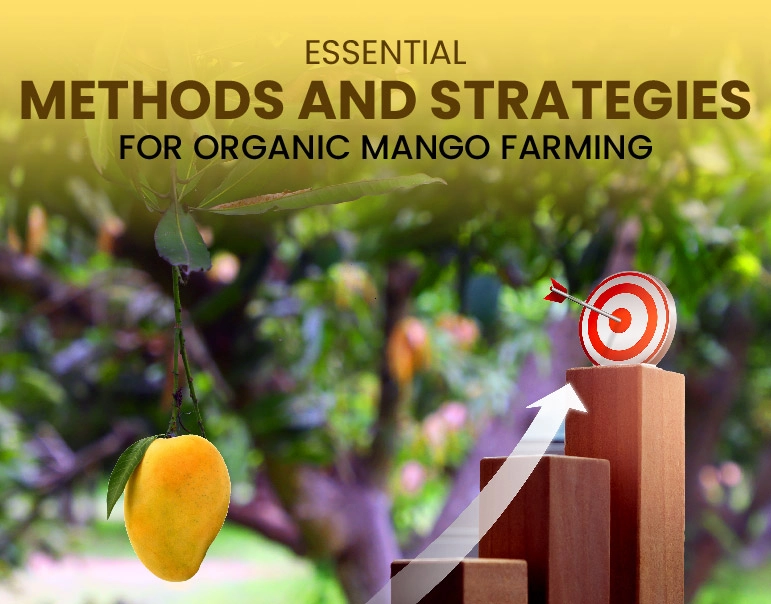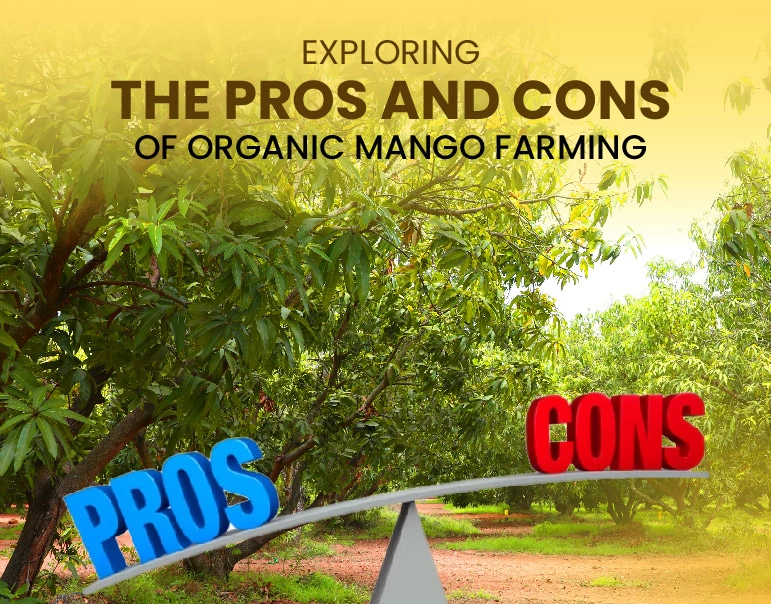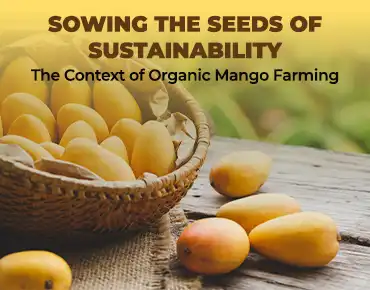Why Farmland is a Better Investment than Gold: Unlocking Sustainable Wealth
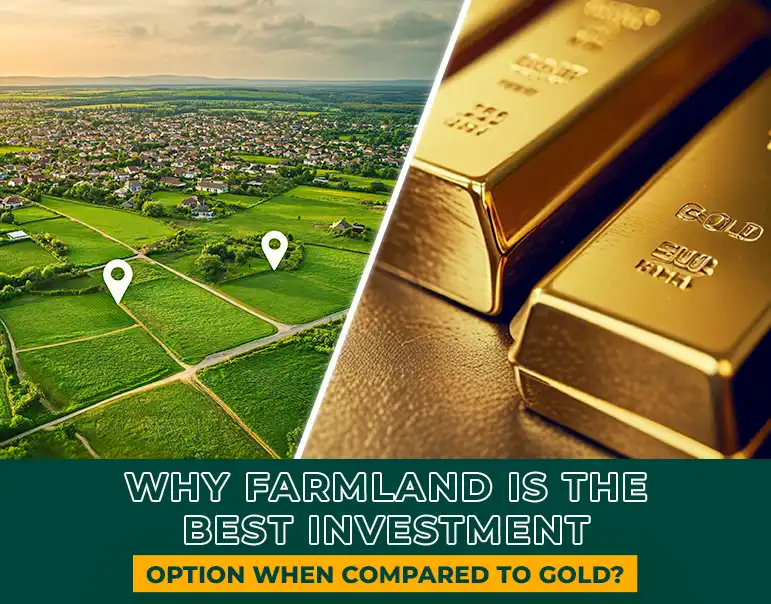

Investors always seek out assets that offer stability, development, and long-term rewards. Although gold has long been considered a safe refuge, farmland is starting to show more appeal as a purchase choice. Farmland has numerous benefits over gold depending on its capacity to create consistent income, appreciate in value, and support environmental sustainability. This blog entry will look at why, when weighed against gold, farmland is a better investment choice.
Making a steady living as a farmland investor is a major benefit. Farmers can generate income through various methods such as selling crops, leasing land to other farmers, raising livestock, and establishing agrotourism-related businesses. This ensures a steady flow of income, which farmers can use to cover operational expenses and generate profits.
Gold, on the other hand, is a non-productive asset that, when inactive, generates no income. Unlike passive income, gold does not yield intermediate gains; investors only benefit from its appreciation upon sale. Farmland grows and preserves wealth better than gold.
Farmland is a steady, valuable investment since its value rises over time. The increasing global population and urbanisation have led to a surge in the price of agricultural land. Thanks to developments in farming technology, which raise the value of land, productivity rises as well.
While gold holds its own value, it is more susceptible to volatility due to geopolitical and economic events. On the other hand, because of its direct link with necessary food production and limited amount of cultivated land, farmland offers more predictable long-term development.
Both gold and land are good hedges against inflation, but agriculture has greater use than gold does. Rising food prices, inspired by inflation, are beneficial for farmers as they translate into higher income. This naturally provides a safeguard for owners of farms.
Gold does not offer any useful advantages, even if it keeps value during inflationary times. Farmland remains a more valuable resource during challenging economic times, as it actively contributes to food supply and economic stability.
Consistent with the ideas of sustainable investing, farmland offers not just financial returns but also social and environmental benefits. Sustainable agricultural methods, including organic farming, improve the quality of the soil, assist in water preservation, and promote biodiversity. Agroforestry and the storage of carbon are two additional elements that contribute to the improvement of the environment.
Conversely, gold mining has a detrimental environmental effect, leading to soil degradation, water contamination, and deforestation. By generating employment and encouraging economic growth in rural areas, investing in farmland encourages sustainable agriculture and benefits nearby communities.
Investing in farms is a safe investment that is less susceptible to market volatility. Unlike the value of gold, this asset is less prone to sudden geopolitical events or changes in market attitude. The constant need for agricultural products guarantees the stability of the value of land over time.
Though strong in recessionary times, gold prices can vary greatly in response to changes in the market, interest rates, or value of money. Farmland presents a safer choice for investors looking for long-term consistency.
Governments often support agricultural activities by means of tax exemptions and subsidies, lowering the running expenses for investors in farmland. Governments can qualify farmland for subsidised irrigation and infrastructure, lowered property taxes, or incentives for environmentally friendly farming.
Since government incentives linked to gold ownership are absent, gold investments offer no comparable advantages. These advantages help farmers to lower risks and boost profitability.
Farmland offers a wide range of economic opportunities. Investors have the chance to investigate value-added products, including oils, jams, and juices, in addition to being able to engage in regular agricultural and cattle output. Furthermore, investors have the opportunity to construct solar farms or wind turbines on agricultural property, thereby generating additional sources of income.
Gold, on the other hand, gives little freedom. Apart from its value as a financial tool or jewelry, gold does not offer opportunities for company development or creativity. Farmland is more appealing as it allows investors to adapt their approach and align with market trends.
Since farmland is an active investment, owners of it can participate in major activities such as crop diversification, soil development, and business growth. By means of active management, farmers may guarantee that their land keeps producing income and appreciating value.
By contrast, gold is a passive asset that stays useless until market conditions support its selling. Gold limits its possible use as an investment since there is no chance for hands-on involvement or wealth generation while owning it.
Landscape inheritance allows one to carry on from generation to generation. As the demand for food keeps growing and cultivable land becomes less plentiful, the value of farmland will only rise. Ensuring that next generations inherit farms guarantees long-term financial stability and creates a legacy that will endure years to come.
Although gold can also be carried down through generations, it cannot produce community influence or generate money. Because it promotes significant interaction with the land and supports food security, farming offers emotional as well as financial benefits.
Farmland is a more dynamic and environmentally friendly investment choice, despite the long-standing perception of gold as a consistent source of value. Farmland gives investors both financial stability and purpose since it can produce passive income, appreciate steadily, and advance social and environmental well-being.
Farmland will become more valuable as the world's population increases and food demand rises. Investing in agriculture guarantees not only personal financial development but also a positive effect on the surroundings and society. Farmland is clearly the better option for investors looking for long-term stability, diverse returns, and significant influence than gold.
